Pet Dental Health: Essential Tips for Healthy Teeth
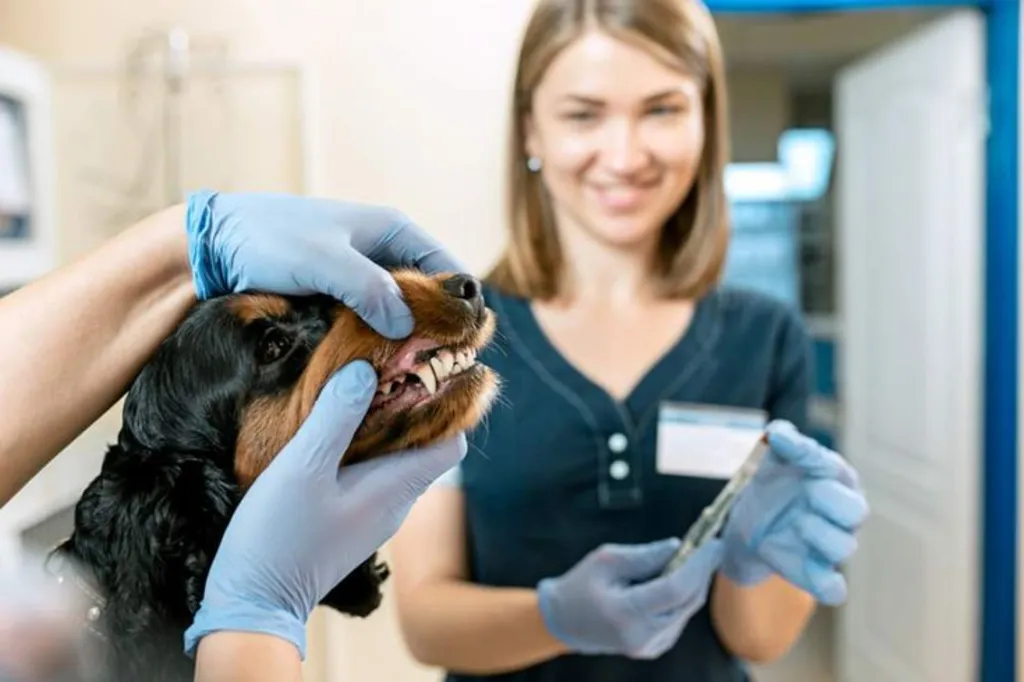
Dental health is an often overlooked aspect of pet care, but it plays a crucial role in your pet’s overall well-being. Just like humans, pets can suffer from teeth diseases, which can lead to painful conditions, infections, and even life-threatening health issues. Poor dental health in pets can cause unattractive breath, tooth loss, and other severe complications. As a responsible pet owner, maintaining your pet’s dental health is crucial to living a long, healthy life.
In this comprehensive guide, we’ll explore the importance of pet dental health, offer practical tips for keeping your pet’s teeth clean, and answer some common questions about pet dental care. At the end of this article, you’ll be armed with the knowledge you need to provide your pet with the most effective dental care possible.
Why Pet Dental Health Is Critical
A healthy dental health is essential for pets, as dental problems can lead to other serious health issues. Here’s why keeping your pet’s teeth healthy should be a top priority:
-
Prevention of Pain: Dental disease may cause significant pain and discomfort for your pet. Conditions like gingivitis and periodontal disease can be quite painful, leading to difficulty eating, unattractive breath, and general discomfort.
-
Prevention of Systemic Diseases: Poor dental health doesn’t just affect teeth and gums. Bacteria from the mouth can enter the bloodstream and spread to other organs, including the heart, liver, and kidneys. This can lead to heart disease and kidney failure.
-
Long-Term Well-Being: Ensure your pet’s teeth are in healthy condition can help them live a longer, happier life. A well-maintained set of teeth and gums improves their quality of life, helping them stay active and energetic.
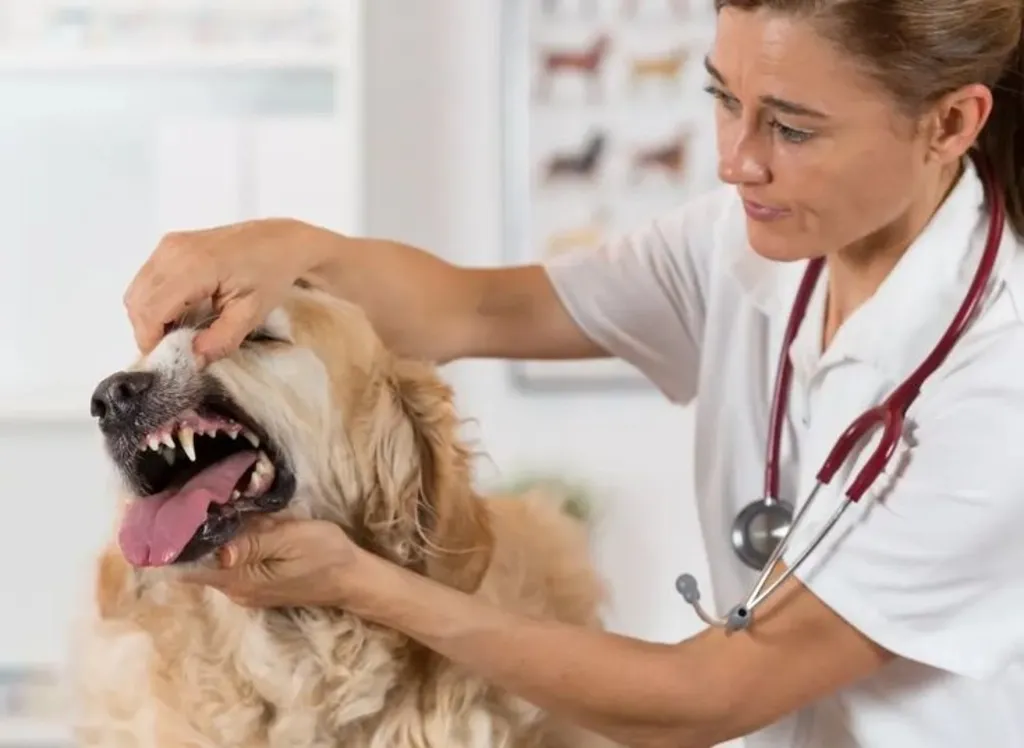
Common Dental Issues in Pets
Understanding common dental problems can help you identify early signs and address them before they become severe. Here are some common dental issues for pets:
-
Periodontal Disease: The most common dental issue in pets, periodontal disease affects the gums and the structures that support the teeth. Left untreated, it can lead to tooth loss and infections.
-
Gingivitis: This condition involves gum inflammation, usually caused by the buildup of plaque and tartar. Gingivitis can be painful and lead to complications.
-
Bad breath: Foul-smelling breath, known as halitosis, can be a sign of dental disease. In many cases, bad breath is a symptom of bacterial buildup in the mouth, often linked to periodontal disease.
-
Tooth Fractures: Pets can sometimes break or chip their teeth, especially if they chew on sturdy objects like bones, toys, or rocks. Tooth fractures can be painful and require dental treatment.
-
Abscesses: Abscesses are painful infections that form around the tooth root. They can cause swelling, pain, and fever. Abscesses usually require professional veterinary treatment.
How To Care For Your Pet’s Teeth
Now that we know the importance of pet dental health, let’s dive into actionable tips for maintaining healthy teeth and gums for your pet:
1. Regular brushing.
One of the most effective ways to maintain your pet’s dental health is by brushing their teeth regularly. Just like humans, pets need to have their teeth cleaned to prevent the build-up of plaque and tartar. Aim to brush your pet’s teeth at least 2-3 times a week, or ideally every day.
-
Use Pet-Specific Toothpaste: Never use human toothpaste for your pet. Human toothpaste contains ingredients that harm pets, such as fluoride. Use toothpaste made specifically for pets, which is safe to swallow and designed for their dental health.
-
Get the Right Toothbrush: There are pet-specific toothbrushes available designed to fit comfortably in your pet’s mouth. You can also use finger brushes, which are a great option for pets sensitive to toothbrushes.
-
Be gentle: Start by gently introducing your pet to brushing. It may take time to get used to it, but consistency is key. Make the experience positive with rewards and praise.
2. Provide dental chews and toys
Dental chews and toys are designed to clean your pet’s teeth while they play. These products are a fun and effective way to reduce plaque and tartar buildup, as they encourage chewing, which naturally cleans teeth.
-
Look for Veterinary-Approved Chews: Make sure the chews and toys you buy for your pet are approved by veterinarians. Some toys can be too difficult and damage your pet’s teeth, so choose safe, appropriate options.
-
Natural Chews: Bones, rawhide, and other natural chews can help clean your pet’s teeth, but be cautious and avoid giving your pet items that are too small or could break into sharp pieces that could pose a choking hazard.
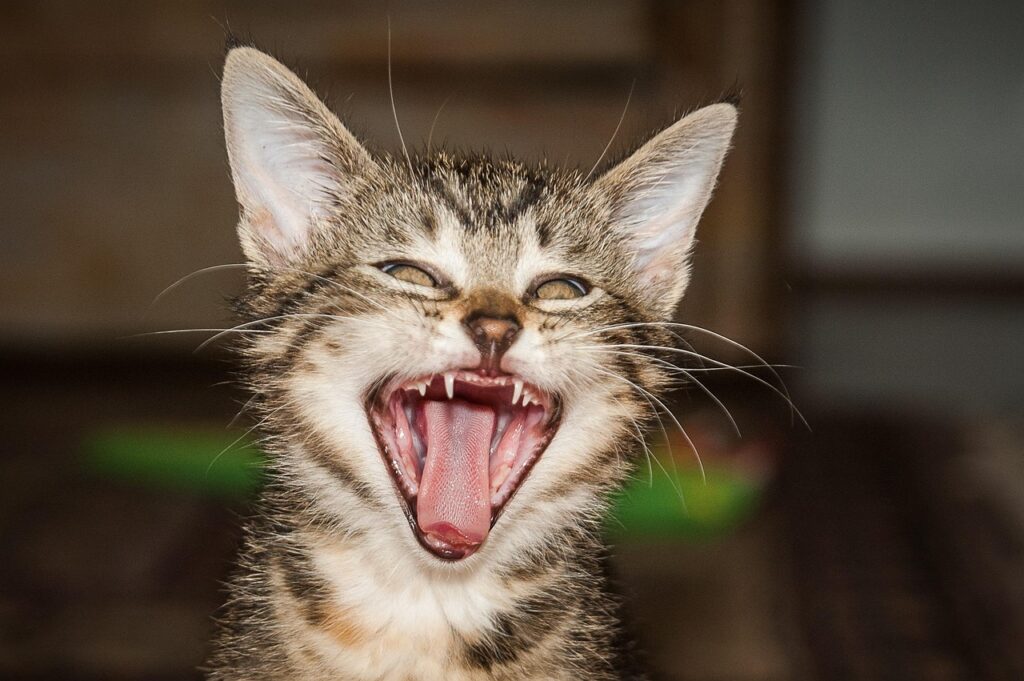
3. Provide a Nutritious Diet
A healthy diet plays a significant role in maintaining your pet’s mouth health. Feeding your pet high-quality food that supports their overall well-being can prevent dental issues. Some pet foods are formulated to reduce plaque and tartar buildup, making them an excellent option for pets prone to dental issues.
-
Dry food vs. Wet Food: While dry food can help scrape plaque off your pet’s teeth, wet food doesn’t provide the same benefits. Consider a balanced combination of both types of food to maintain your pet’s health.
-
Dental-Specific Foods: Certain brands of pet food are designed specifically for dental health. These foods contain large kibble that scrapes teeth clean and ingredients that reduce plaque buildup.
4. Regular veterinary checkups.
Regular vet visits are crucial for monitoring your pet’s dental health. Your vet can perform a thorough dental checkup, professionally clean your pet’s teeth, and catch any issues early before they become serious.
-
Annual Dental Exams: Annual dental exams allow your vet to check for signs of gingivitis, periodontal disease, and other health issues. Early detection can prevent costly and painful dental procedures down the road.
-
Professional Cleanings: Your vet may recommend professional dental cleanings under anesthesia. These cleanings remove built-up tartar and plaque that can’t be removed by brushing alone.
Signs Your Pet Might Have Dental Problems
Being aware of the signs of dental issues in pets can help you act quickly and prevent further complications. Some common signs to look for include:
-
Bad Breath: Foul-smelling breath is often a sign of dental problems, such as plaque buildup or infection.
-
Difficulty Eating: If your pet has trouble chewing or avoiding food, they may be experiencing dental pain.
-
Excessive crying: Drooling can be a sign of oral discomfort or an abscessed tooth.
-
Red or Swollen Gums: Inflamed gums can indicate gingivitis or periodontal disease.
-
Loose or Missing Teeth: Loose teeth or visible tooth loss are signs of severe dental disease and require immediate veterinary care.
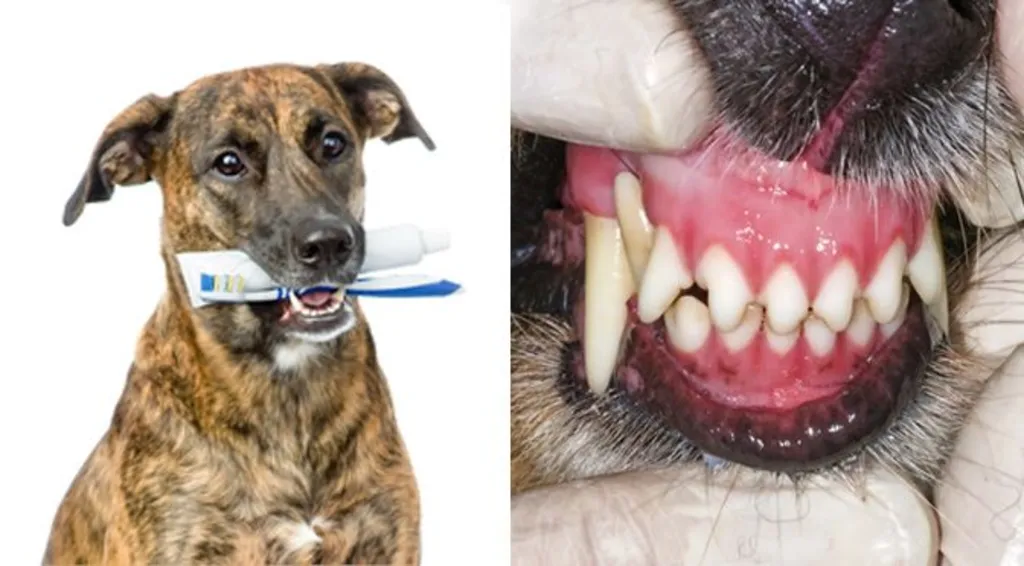
Conclusion
Maintaining a healthy pet dental health is essential for your pet’s overall well-being. Regular brushing, providing dental chews and toys, feeding a nutritious diet, and scheduling regular veterinary checkups are all significant steps in keeping your pet’s teeth healthy. By staying proactive and attentive to their dental care, you can prevent many common bacterial problems. This will ensure your pet enjoys a long, healthy life.
FAQs
1. How often should I brush my pet’s teeth?
It’s ideal to brush your pet’s teeth daily, but if that’s not possible, aim for at least 2-3 times per week.
2. Can I use human toothpaste for my pet?
No, human toothpaste contains harmful ingredients like fluoride. Always use toothpaste specifically designed for pets.
3. Are dental chews safe for pets?
Yes, dental chews are safe when used correctly. Choose vet-approved chews to avoid tooth damage.
4. How can I tell if my pet has dental disease?
Signs include bad breath, difficulty eating, red or swollen gums, drooling, and missing teeth. If you notice any of these, consult your vet.


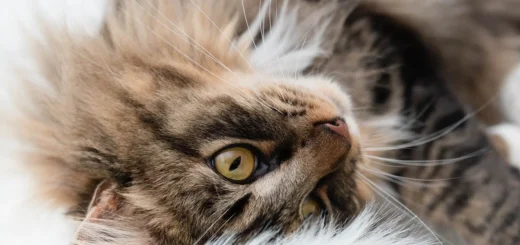














Recent Comments